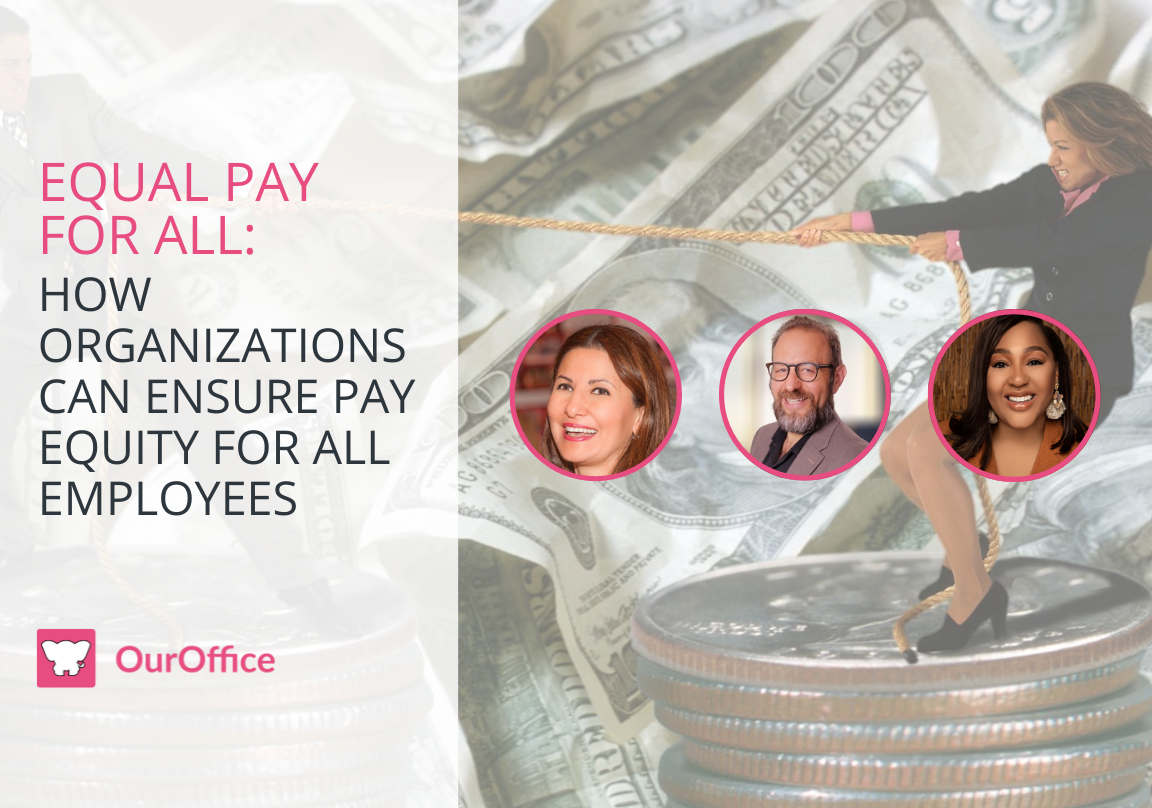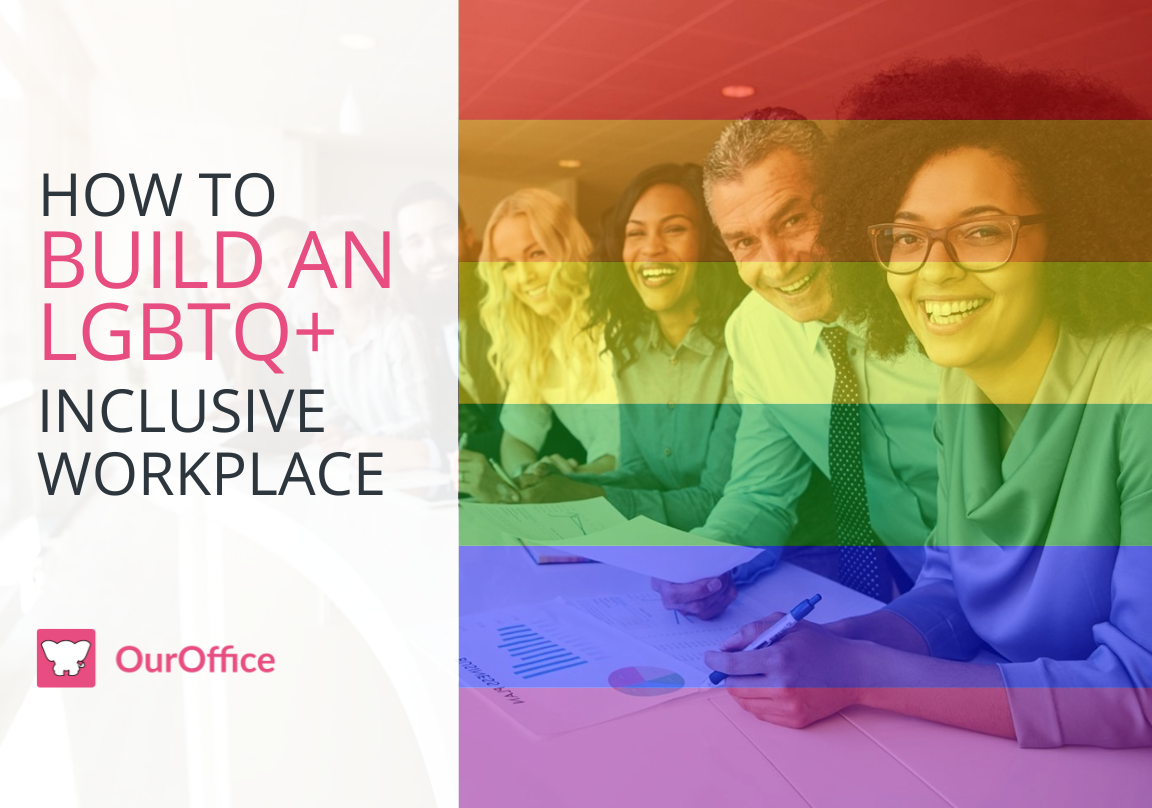27 Oct How to Accelerate DEI with Technology- 11/15/2022
In summer of 2020 the fastest growing C-suite role wasn’t in Growth, Revenue, or even People. It was the Chief Diversity Officer (CDO) role. The field of Diversity, Equity, and Inclusion (DEI) is experiencing explosive growth, with countless enterprises launching efforts to build and retain...2










